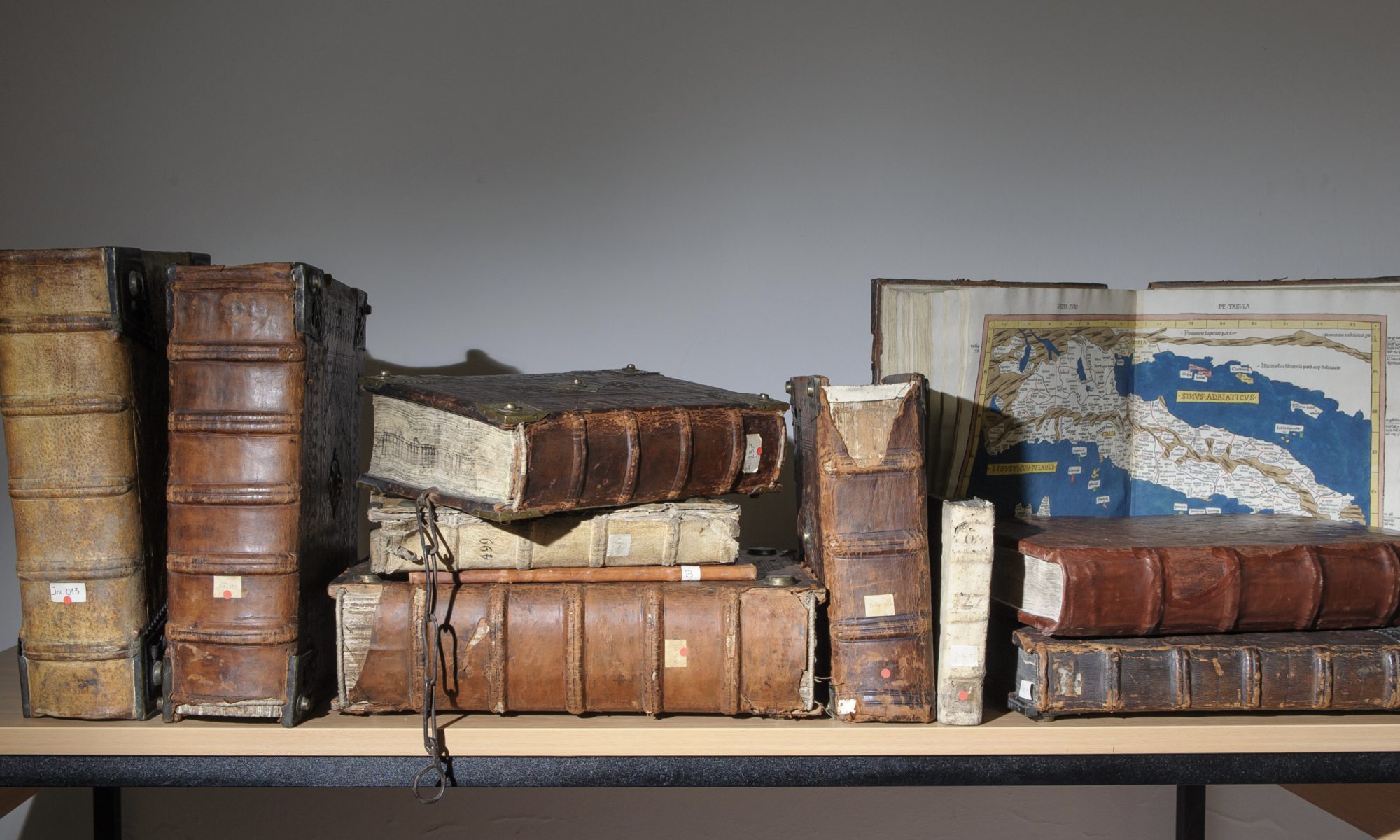Interdisciplinary Conference
Advanced directives as a medical, ethical, theological and juridical problem
23-24. October 2018
The patient’s right to self-determination belongs to ethical standards in contemporary medicine. Without his consent, based upon adequate information, the medicine worker is not allowed to undertake any therapeutic activities. But what is obvious on the level of common principle, might be very complicated in a concrete patient’s case. The problem becomes even more complex, if the patient tends to use his autonomy in order to determine the hypothetic medicine’s activities in future situations, when he won’t be able to make his own choice. The different types of advanced certificates should protect the patient’s decisions and preferences.
There are different names for such certificates. In the English speaking countries one speaks of living will and advance directives or in a broader perspective – of advance care planning; in the German speaking countries the common name is Patiententestament (this term is known also in the polish language: „testament pacjenta”), replaced sometimes by more adequate term: Patientenverfügung („patient’s statement”). In the Polish ethical discussion the „oświadczenie pacjenta pro futuro” (A pro-futuro patient’s statement) is used. Despite these Instructional directives it is also possible to write a Proxy directive. It is a legal document with which the patient invests another person with the authority to make health care related decisions for the patient on his behalf in the event of his incapacity to make such decisions.
The main goal of the conference is interdisciplinary comparative discussion between the health care workers (primarily the anesthetists, geriatrists and worker of the palliative stations) and philosophers, ethicists, theologians and lawyers concerning the medical, ethical and legal problems connected with the advanced certificates.
The particular goals of the conference is the analysis of the options in the listed below (and closed connected to them) realms:
– patient’s ability of decisions making;
– patient’s autonomy according to the different ethical concepts;
– patient’s moral autonomy versus medicine’s moral autonomy;
– reasons and arguments in favor of the advanced directives (respect towards patient’s autonomy);
– objections, threats and critical arguments (the connection with suicide and euthanasia);
– theological and moral aspects of this issue;
– moral and juridical binding authority of the advanced directives versus ethical medicine’s integrity (conscientious objections issue)
– comparative analysis of the different legal bills concerning this issue in the European and extra European countries;
The participants should book accommodation on their own. Some tips in VENUE & ACCOMODATION.
The proposals of the papers/posters with a summary (no more than 200 words) could be submitted in REGISTRATION. The participation at the conference will be confirmed via Email after the transfer of the registration fee.
The conference is a part of the
19th INTERDISCIPLINARY DAYS
at the Faculty of Theology
of the University Warmia and Mazury
